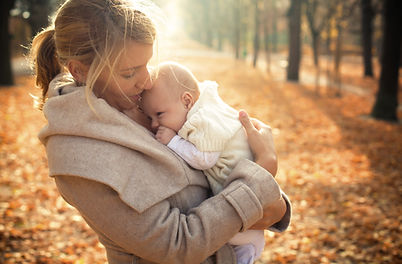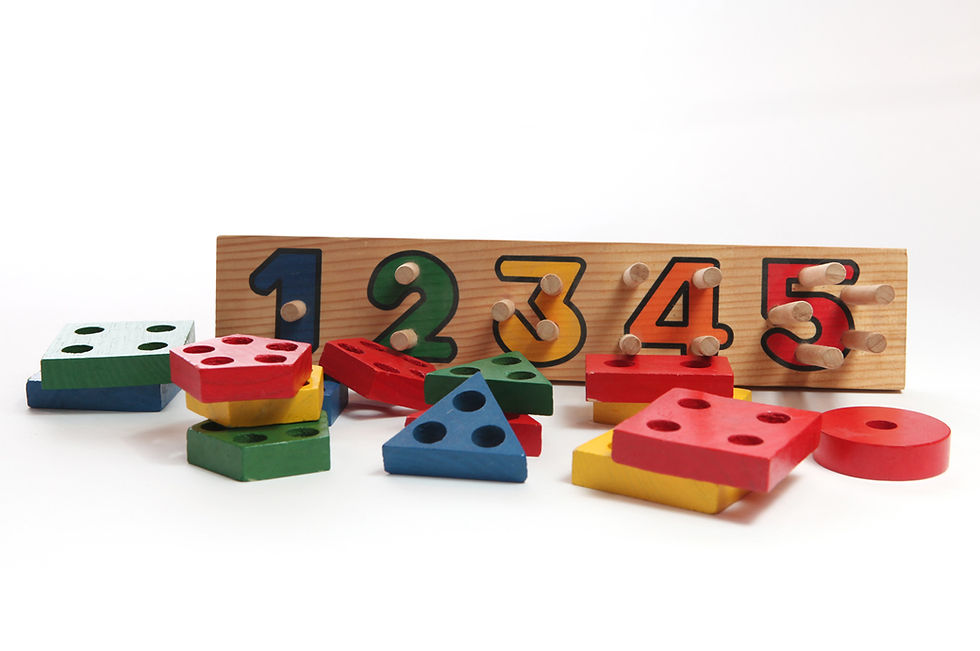
...Simple Steps to Successful Parenting
BEST PARENTING ADVICE
BEST STARTS FOR KIDS
What are The Two Best Pieces of Parenting Advice Ever?

Regardless of where you live or how much money you have there are two best pieces of advice, I've learned, that make the biggest difference to a child's chances of overall life success. They are:
1. Beginning with the end in mind: Know what you want to achieve, and set up habits to ensure your behaviour is consistent with your values. Set up a positive and aspirational environment for your child to learn and socialise in
2. Provide a quality language and learning environment from birth.
That means encouraging the qualities you'd like your child to possess as an adult.
If this is hard, something easier to consider is, you likely know the things you don't want your child to be... For example: You mightn't want your child to grow up to be morbidly obese, drug dependent or in gaol. So you'd look for the opposite qualities to these: healthy, resilient and honest.


So to begin, what are the qualities you want to nurture in your children?
For example, the qualities we wanted for our children was for them to be: healthy, happy, kind, tolerant, responsible, intelligent, capable, resilient & independent as adults. We ideally wanted them to go to University, have quality friendships and quality relationships in their life.
And while those qualities listed are already extensive, many other qualities were also equally important. e.g: honesty, loyalty, patience, compassion, being a nice person, etc.
You may have even more than that.

Having parenting goals helped guide our parenting styles to ensure we were consistent.
As two simple examples: We valued health and education so we provided healthy meals, the opportunity for exercise and we modeled being healthy ourselves. We actively supported education and we also talked about the importance of goal setting and the habits which underpin them.
And like most parents, as our children grew, we wanted to help them achieve what they wanted.
Because one wanted to be a doctor, (or vet,) & the other a 'building scientist' (an engineer,) we provided learning opportunities around their interests.

One really simple consideration could be: It's likely your child will spend between eleven and thirteen years in some form of school setting (prior to any vocational or university training.)
Therefore doesn't it make sense to ensure your children have got the skills to succeed there.
The difference in capability levels between children, on first presenting to a school environment is often quite pronounced.
E.g.: Can your child understand and follow staged instructions? Or do they find it difficult to listen.
Are they able to visualise simple mathematical operations in their head, or are they unable to count reliably to ten.
Something to consider is, while genetics has created your child's brain, it's the the wiring up that is equally important.
The more neural pathways created in the brain during early childhood, the better foundation for lifelong learning. There are simply more pathways available through the brain, to both store, and retrieve, information.
And one of the most effective ways to help wire up a brain is through using language.
Here are some ways to help develop overall language development:
-
Extending vocabulary
-
Providing an understanding of prepositions
-
Developing a language of comparison e.g. Size, colour, shade, shape, age, etc
-
Developing a language of classification: animal, plant, food, clothing, transport, weather, etc
-
Developing awareness of sounds within words and from that, word building
-
Developing an understanding that text conveys meaning
-
Familiarity with the conventions of text
'Treat a child as though he is already the person he is capable of becoming.'
Haim Ginott
Out of everything I wish parents knew, these two best pieces of parenting advice would be it.
Imagine if you could change just two things early in your child's life, that would make the biggest positive difference to his or her chance of overall life success.
1. Your child's early educational opportunities matter
2. A positive social network supports success

1. Beginning with the end in mind
This can be a really interesting conversation to have with a partner because you'll likely have differing weightings to the same qualities.
When both parents make a commitment to make a child's success a priority, and work together to achieve it, a child's chances of life success are much greater. They work together to provide positive environments, habits, educational opportunities, life experiences and social networks.

-
Decide what qualities are important
-
Provide experiences that support your child establishing these qualities
-
Devise habits and organization which consistently support success over time
-
Refine your organization and habits as required and as your child grows
-
Increase your child's responsibility and independence over time

Why begin with the end in mind?
What surprised us was, by starting early and knowing the qualities we wanted our children to possess, it resulted in them having much greater life choice as both adolescents and adults.
Both of our kids did exactly what they wanted. One is a doctor who graduated with Distinction, the other an engineer who received multiple merit-based scholarships, including one from the CSIRO.
(And they still succeeded even though our family had some major life-changing health issues to deal with along the way after an accident.)

'Stacking it' by spending time early on makes sense. Your child can start school feeling like they're good at learning. And they're more likely to enjoy it and be good at it, as a result.
But for those who start behind, they compare themselves to others. They can feel they're not good at learning, and can develop a negative attitude as a result. Then it's often remediation later when they're struggling, and have a negative attitude.
Are you more likely to act out if you're succeeding or if you're not succeeding?
Why would it be different for your child?
2. Providing a quality language and learning environment from birth works well because:
-
The earlier your child has a good vocabulary and can comprehend what's being said to, and around them, the earlier they can learn new concepts independently.
-
The more they learn, the more they are capable of learning. Their brain is continually building neural pathways and connections. And the number of pathways and connections made, are based upon the amount of stimulation they receive.
To learn more on Providing a Quality Language and Learning Environment From Birth go to: 'Talking to Babies is Important' or 'The Importance of Early Language' in the gallery below:
For more information on beginning with the end in mind go to 'What Successful Families Do Differently:' Step by Step below
Best Parenting Advice.com is a high quality parenting website designed with child and family success in mind. This site provides free resources for busy parents who want best practical advice on: effective child rearing strategies, easy healthy family meals, self-care tips for time-poor parents and fun learning games to help best educate children while also encouraging positive relationships within the family.
One of the best pieces of parenting advice to help support healthy cooperative families, is to provide regular nutritious meals, eaten together as a family as often as possible. Best parenting advice provides a range of quick and easy family dinner recipes supplied by busy working parents. These are the recipes asked for: because they taste great, they're quick and easy they're family friendly and they're foolproof.
This site provides examples of what worked for me over decades and you are welcome to use these ideas as you see fit but you do so at your own risk. This site does not provide any guarantee that this information will work in every circumstance with every family or every child. It is your responsibility as a user of this site to ensure that you adhere to any recommended safety suggestions either implicit or explicit on this site and supervise your children while playing any games suggested. Best Parenting Advice.com is not affiliated with any other groups, clubs, religious organizations or educational systems.
Best parenting takes time. The best parenting advice ever is simple: Do your best, don't give up and love your children, no matter what. But there are two pieces of advice that if parents knew early in their child's life, could greatly increase their children's chances of life success. So what are the two best pieces of parenting advice ever?





